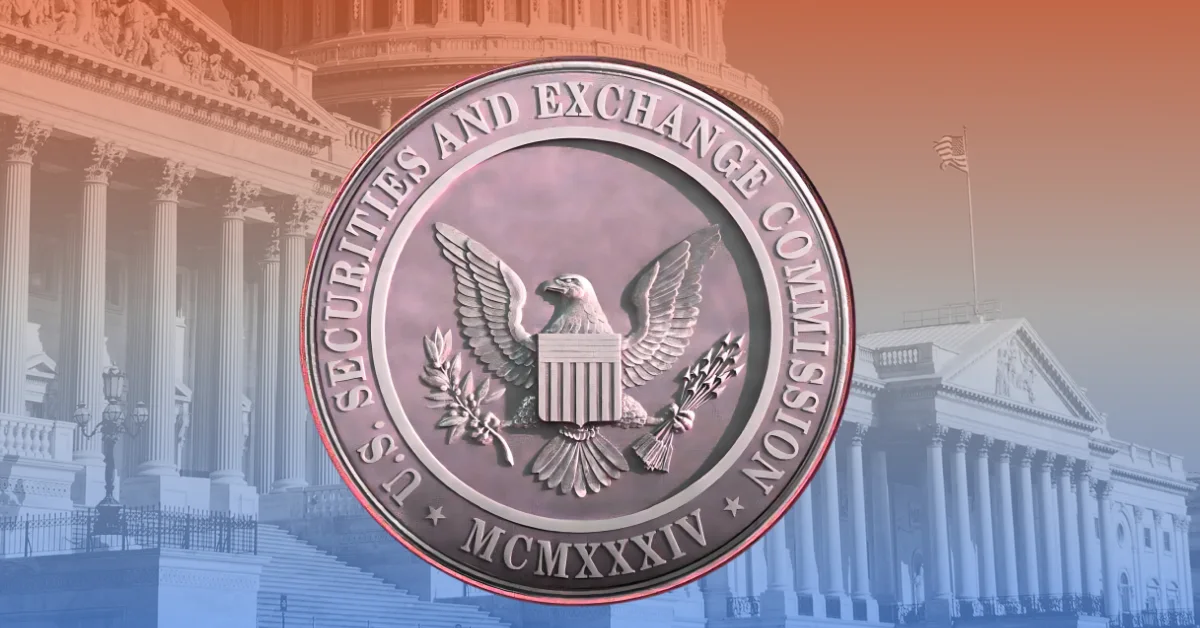
Understanding the Recent IRS Regulations
In a recent episode of the Thinking Crypto podcast, Amanda Tuminelli, Chief Legal Officer at the DeFi Education Fund, delved into the nuances of the IRS and Treasury’s latest regulations on digital asset transactions. The IRS has put forth a tax reporting rule relevant to participants in the decentralized finance (DeFi) industry. This rule, finalized on December 27th, has stirred controversy due to its broad classification of what constitutes a “broker” under the statutory definition. Consequently, the IRS has initiated a legal challenge against the Blockchain Association and Tech Texas Blockchain Council in federal court to defend their stance on this rule.
A Pushback Possible?
The current understanding of a broker, as defined by the IRS, is an entity that facilitates digital asset transfers on behalf of another for monetary consideration. However, the IRS contends that even services that assist users in completing transactions without custody can be classified as brokers. The IRS plans to implement this rule in 2025, with reporting obligations commencing on January 1, 2027. There is speculation that a pro-crypto administration might push back or even repeal the rule, invoking the Congressional Review Act to prevent its enforcement before the designated deadline.
Optimism Ahead with a Pro-Crypto Administration
Looking forward, Amanda Tuminelli expressed optimism about the potential election of a pro-crypto administration under President Donald Trump, known for taking the cryptocurrency industry seriously. A significant policy shift is anticipated with the appointment of Paul Atkins, who is set to replace Gary Gensler, noted for his stringent stance on crypto. Expectations are high that under new leadership, the SEC may drop non-fraud cases and focus on establishing fair regulations, thereby reducing the need for fragmented lawsuits.
Amanda predicts a positive transformation in SEC leadership with Chair Paul Atkins at the helm, potentially leading to favorable settlements and clearer guidelines for crypto enterprises. She also voiced concerns about the Department of Justice’s approach to developers, particularly in relation to Tornado Cash, where there are fears of excessive criminal liability for developers of software tools misused by malicious actors.
Looking to 2025: Hope for Regulatory Clarity and Reduced Litigation
Overall, Amanda Tuminelli remains cautiously optimistic about the regulatory landscape in 2025. She anticipates a future with more defined rules and less litigation for the crypto sector, fostering a more stable environment for innovation and growth. This outlook is fueled by the hope that the new administration will prioritize regulatory clarity and fairness, which are crucial for the sustainable development of the digital asset industry.






